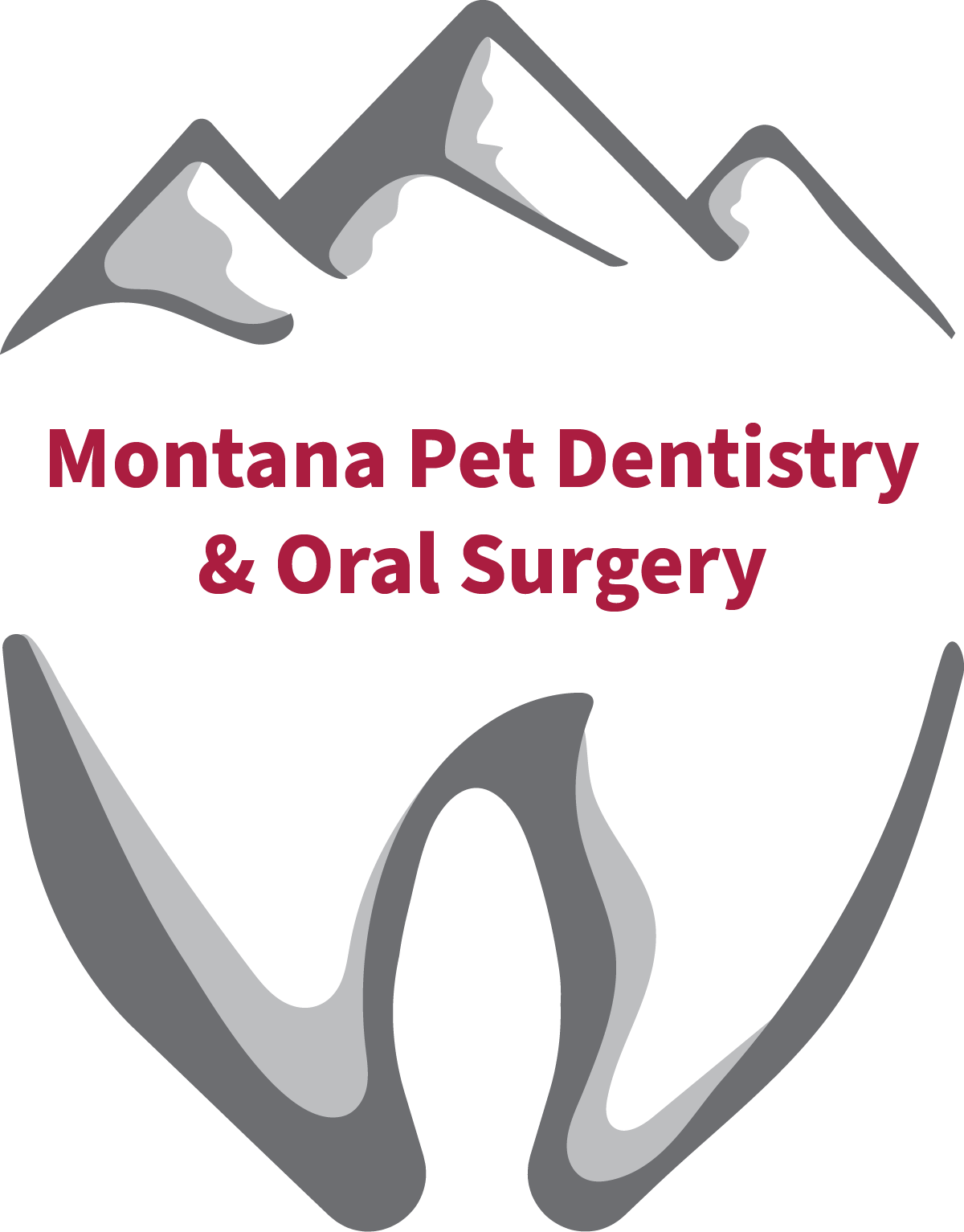Stomatitis refers to widespread inflammation in the mouth. “Stoma” means opening, and “itis” means inflammation. In cats, inflammation, most notably in the caudal (back part) of the oral cavity (oropharynx), is commonly referred to as ‘stomatitis’ or ‘caudal oral stomatitis’. The most appropriate medical term for this condition is feline chronic gingivostomatitis, a chronic oral inflammation condition, involving the gingiva, oral mucosa, and, in some cases, tongue and hard palate.
What is Feline Gingivostomatitis?
Feline gingivostomatitis (FGS) is a severe and painful inflammation of cats’ gums and oral tissues. Simply put, it is an overzealous immune system reaction to plaque accumulation on the surface of teeth. The exact cause of feline gingivostomatitis is not fully understood, but it is believed to be a complex immune-mediated response to dental plaque and possibly other factors.
The caudal (back) region of the oral cavity becomes red and ulcerated with thickened tissue. The pain associated with this severe inflammation makes it challenging for cats to eat and enjoy a good quality of life. Imagine the worst sore throat you can have magnified one hundred times! Additionally, cats spend a good portion of their day grooming. A painful mouth limits a feline from engaging in this essential behavior, negatively affecting their quality of life.
6 Symptoms of Feline Gingivostomatitis
- Oral Pain
- Pawing at their mouths.
- Growling at the food dish
- Decreased or absent appetite.
- Drooling
- Gingivitis: The gums may appear red, swollen, and bleed easily.
- Oral malodor (foul breath): Chronic inflammation and infection can lead to a shift in the oral microbiome. This shift manifests as oral malodor, also referred to as halitosis.
- Weight loss: In severe cases, cats may experience weight loss due to the pain and difficulty in eating.
- Decreased grooming
- Changes in behavior: reclusiveness, crankiness
What Causes This Condition?
Although a universal underlying cause of gingivostomatitis is not known, there are factors that contribute to its development and severity of clinical signs. Factors that can predispose a cat to gingivostomatitis include retroviral diseases such as Feline Immunodeficiency Virus (FIV), and Feline Leukemia Virus (FeLV). Felines who have an outdoor lifestyle should be checked annually for both FeLV and FIV. Additional causes may include Calicivirus, Juvenile Onset Periodontitis, periodontal disease, and genetics. Many cats with Stomatitis also have periodontal disease and tooth resorption.
What Are the Treatment Options?
Treatment for Stomatitis involves a COHAT (Comprehensive, Oral, Assessment, and Treatment Plan), including extraction of all teeth. Occasionally, some veterinarians may choose to extract only the teeth behind the canine (fang) teeth allowing the incisors and canines to remain. In the author’s experience, the patient has a greater chance for success and a quicker resolution of clinical signs with full mouth extraction therapy. The benefit of full mouth extraction therapy is that removing the teeth removes any plaque-retentive surfaces, which can continue to trigger an overactive immune response.
Some felines will require additional treatment including extended use of pain medication, immunosuppressive therapy, and antibiotics, which can all have favorable responses. Interferon is an additional treatment that can benefit felines who don’t necessarily respond to full mouth extraction therapy. Treatment options are individualized to the patient, depending on the severity of clinical signs. Daily oral home care is essential to mitigate the overzealous immune inflammatory response if full mouth extractions are not elected.
Treating feline stomatitis cases can be challenging for a pet owner. However, most cases have a positive response to therapy. A feline without teeth will eat much more comfortably than having persistent oral inflammation and teeth with concurrent resorptive lesions and periodontal disease. A moistened/wet diet is recommended for edentulous felines.
Cat Dentist in Bozeman, Montana
At Montana Pet Dentistry and Oral Surgery, we specialize in veterinary dentistry. If you believe your feline friend is experiencing bad breath or a change in appetite and behavior, please reach out to us to schedule an oral health evaluation.
Images used under creative commons license – commercial use (2/23/2024). Photo by Paweł Adamczak janusze_zycia on Unsplash
